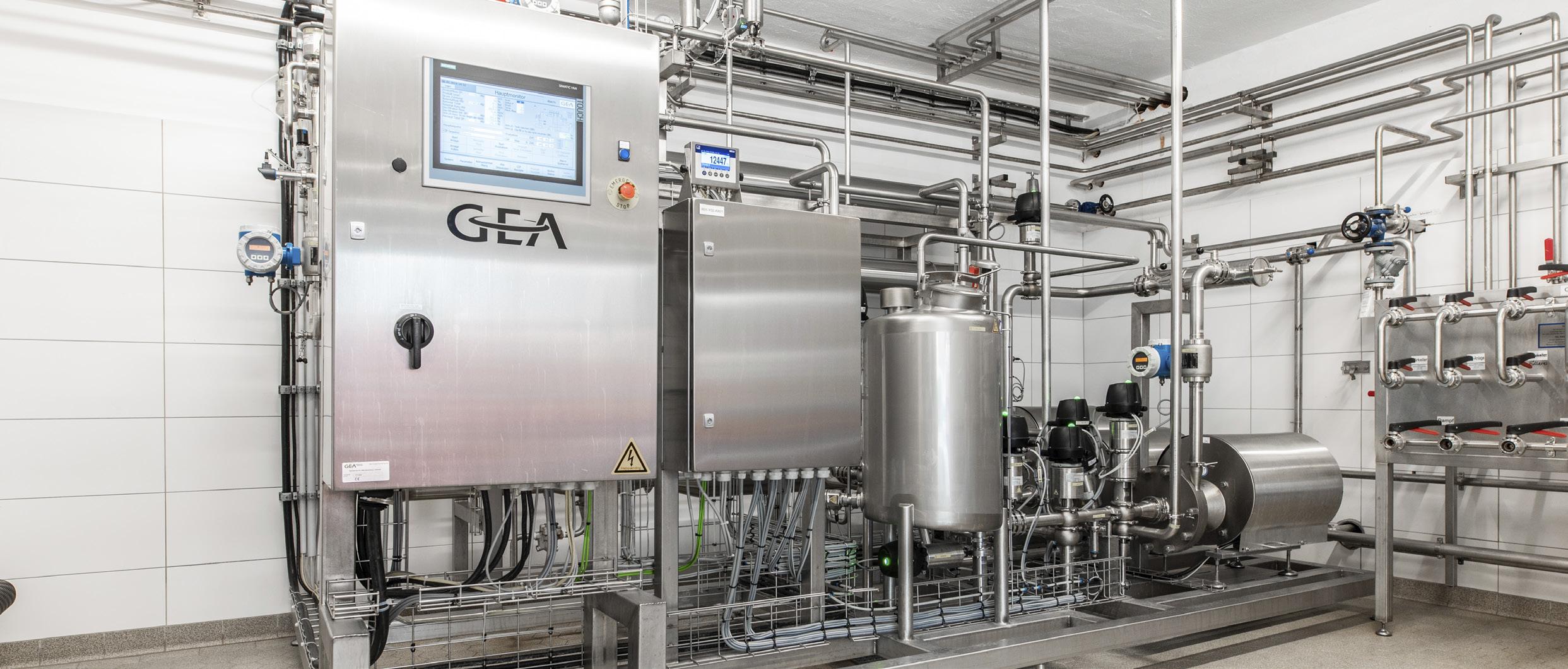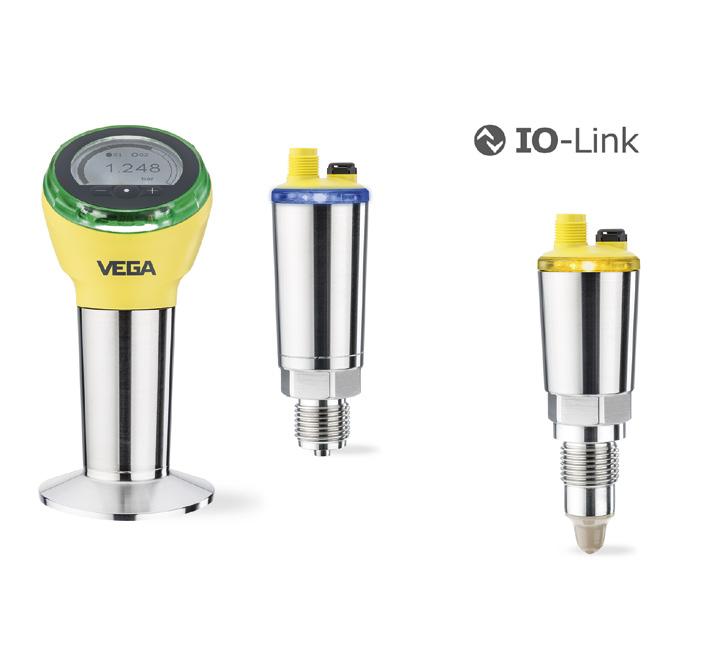INDUSTRY TALK
Manufacturing trends
reflect the decade ahead
As we enter a new decade, the only way African manufacturers can stay ahead of competitors and win the market in today’s quickly transforming environment is to embrace change, writes Mark Wilson.
Mark Wilson managing director, Syspro Africa
T
hose who wish to thrive and not just survive are leveraging the latest in growth-inducing Industry 4.0 technologies. The answer is simple: Leverage new technologies and cater to changing customer demands. 1. MACHINE LEARNING & AI Manufacturing is such a massive industry that it can take time for changes to be implemented across the board. The adoption of newer technologies such as artificial intelligence and machine learning will be no different. While progress might be slow within the African manufacturing industry, it is moving towards the ubiquitous use of these technologies. AI, machine learning and advanced analytics offer manufacturers the opportunity to improve efficiency and increase profit margins. These benefits cannot be ignored as the more complexities manufacturers face, the greater the opportunity to use these technologies to get the competitive edge. These technologies aren’t just limited to one area of your business: they can improve your performance in every area. Whether on the factory floor, in your supply chain, or in your customer relations, there are numerous ways machine learning, AI and advanced analytics can improve your business practices. 2. IoT BECOMING MORE PROMINENT Manufacturers are leveraging IoT, which entails the interconnection of unique devices within an existing Internet infrastructure. This can achieve cost reduction and increase efficiency, improve safety, meet compliance
10
requirements and product innovation. The increased adoption of IoT will also see an increase in the amount of data that manufacturers produce. Data may be the crude oil of the 21st century, but without the ability to analyse and action based on tangible, accurate insights, it is simply taking up space. This is where artificial intelligence (AI) and machine learning comes in – the ability to manage volumes of data, generate legible insights and proffer solutions will greatly increase manufacturers’ responsiveness, improving efficiency and helping identify new business opportunities. Manufacturers are now understanding that IoT empowers them to make informed strategic decisions by providing crucial, realtime information. 3. CONNECTED FACTORIES Smart manufacturing is the development of a connected ecosystem of people and equipment that communicate in realtime. The benefits of smart manufacturing range far and wide: optimisation of organisational systems, improved product quality, increased efficiencies in the allocation of resources and amplified customer satisfaction. The new factory environment is being advanced by Cloud computing and smart sensors. Smart sensors can convert information into different units of measurements, communicating with multiple machines, while recording statistics and feedback. It can also assist in shutting down devices if a safety or performance issue arises. 4. ATTRACTING AND MAINTAINING TECH-SAVVY EMPLOYEES As manufacturers rely on technology, the need for tech-savvy employees increases. The challenge is that there are not enough skilled employees to fill the number of open jobs. Advocates for the manufacturing industry are educating the next-generation workforce about exciting opportunities for careers in a skilled trade. It will take more than marketing to bring these workers in the
Food Manufacturing Africa | 2020 Quarter 1
door and keep them engaged. The incoming workforce must be part of an organisation that’s innovative, future-proof and understands the need for a collaborative and flexible work environment. What keeps the next-gen worker coming back is the ability to make a difference and contribute to the bottom line. If leadership in your organisation acts as a bottleneck by not providing tools to enable efficiency, you will ultimately lose talent.
“The ability to manage volumes of data, generate legible insights and proffer solutions will greatly increase manufacturers’ responsiveness, improving efficiency and helping identify new business"
5. ADVANCED FOOD TRACKING AND PACKAGING The World Health Organisation indicates that around 600 million people suffer food poisoning every year and 420 000 die as a result. When an outbreak occurs, investigators can spend days or weeks tracking its source. Technology is playing a pivotal role in risk detection as opposed to disaster recovery. This is known as traceability, where technologies such as ERP allows manufacturers to meet consumer demands for food transparency while enhancing the ability to identify, respond to and even prevent food safety issues. While the food and beverage industry is under pressure, changing trends in packaged goods continue to drive growth. German-based VDMA Food Processing and Packaging Machinery Association estimate that just over seven million tonnes of packaged food were sold in South Africa last year. It is expected that demand will rise by six per cent until 2022.






